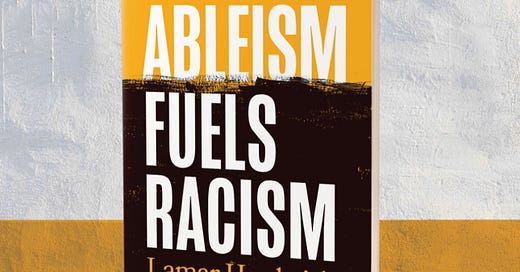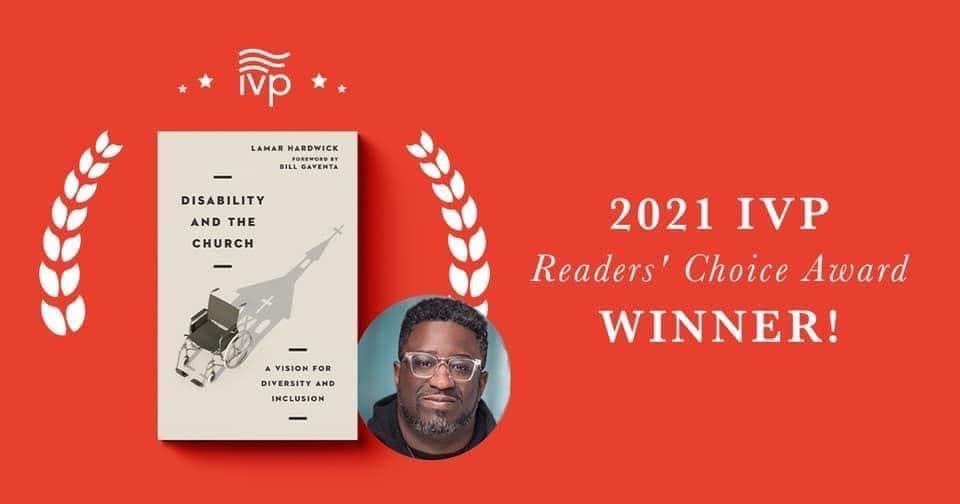Deion Sanders, also known as “Coach Prime”, has garnered the attention of millions during his brief reign as the head football coach for the University of Colorado. Sanders is an NFL Hall of Famer and former MLB star. He could be considered one of the most popular sports figures in American History.
Coach Prime is known equally around the world for his personality as he was for his play on the field. He is a larger-than-life figure who exudes confidence, discipline, and passion for the game of football, for his family, and for his faith.
Sander’s style as a coach hasn’t gone without its share of criticism. Some believe he is self-centered. Others believe his lifestyle is too lavish and flashy. Some also feel that his style lacks the requisite substance that makes one a great college coach.
Despite the many opinions about Coach Prime’s style, the numbers that shape the narrative about his success are actually quite impressive.
In his three-year tenure at Jackson State University, Sanders led the Tigers to twenty-seven wins and just seven losses.
The number of wins and losses Coach Prime will accumulate at Colorado remains to be seen. There are, however, already some impressive numbers that tell the story of his impact on a football program that won just one game last season.
According to a report from US Today, Sanders' economic impact on the University of Colorado is estimated to be approximately 280 million dollars after only four games. This is just shy of ten times worth his five-year, 29.5 million dollar contract with the University.
These numbers tell a story about the prime-time impact that Sanders has Colorado University football program. There is also another story being written about Sander’s impact. That story is about addressing the ongoing challenges for disabled people and unemployment.
In 2021 Sanders underwent several surgeries and a hospitalization that resulted in the amputation of two toes because of severe blood clots.
According to an ESPN report, Sanders' medical team had at one time discussed the possibility of having to amputate his foot because of ongoing circulation issues in his leg. However, they decided it would not be necessary.
Through all of this, Sanders has remained relatively transparent about his process, his medical status, and his resulting disability. As Sanders completes his first quarter of coaching this college football season, the last quarter of 2023 is prime timing to discuss disability employment awareness.
October is Disability Employment Awareness Month and this year’s theme, according to the U.S. Department of Labor, is “Advancing Access and Equity.”
The term disability, as outlined by the standard United States Federal Code, defines disability as “a person who has a mental or physical impairment that substantially limits one or more major life activities; a record of such an impairment; or being regarded as having such an impairment,” however, this definition doesn’t quite tell the complete story.
We often understand disability as a biomedical issue. We center our traditional understandings of disability on the physical (or mental) limitations of individuals considered disabled.
We often refer to the traditional understanding of disability as the medical model of disability. The medical model of disability is primarily focused on biomedical issues alone. It normally focuses on providing medical interventions that aim to understand the causes of supposed disability, as well as curative measures for disability.
Unlike the medical model of disability, the social model of disability pays particular attention to how society socializes with disabled persons.
The social model is best known for examining the practices and perspectives about disability commonly held by society. It also examines how those perspectives are often more disabling than the biomedical limitations an individual may possess.
The social model examines the challenges of both physical and social access to full inclusion in society for persons with disabilities. The social model names ableism, or the discrimination against disabled people, as a primary cause of concern for the disability community.
The social model is normally focused on eliminating ableism from society and extending the movement toward diversity, equity, and inclusion.
With Coach Prime’s stock rising in the world of college sports, our culture can seize the prime opportunity to e dialogue about employment barriers for disabled people.
According to the U.S. Department of Labor, as of August 2023, the unemployment rate for disabled people between the ages of 16-64 is 7.9%. This is as opposed to 3.8% for non-disabled people in the same age range. Those numbers increase if a disabled person is an ethnic minority. Disabled Hispanics have an unemployment rate of 10.1% and disabled Blacks have an unemployment rate of 12.4%
As a Black disabled man currently being treated for stage four cancer, I’ve also undergone surgeries that have resulted in physical limitations. As a result, the end of this year will see me joining the numbers of unemployed Black disabled as I take early retirement from a two-decade career as a local church pastor.
As a disability rights advocate and an avid college football fan, I believe we have the prime opportunity to make Disability Employment Awareness Month meaningful. We have an opportunity to focus on advancing access and equity for the disabled. The relationship between Coach Prime and Colorado is a prime example of how this can be done.
First, employers need to know that disability does not equal inability. There are scores of talented potential employees who have the same confidence as Coach Prime. They too can add tremendous value to any organization that will give them access to opportunities.
Second, employers must make a prime investment in the disability community. It is well documented that the University of Colorado made a significant investment in hiring Deion Sanders as its head coach. According to Sports Illustrated, the Athletic Director for the University publicly admitted that the University did not initially have the money to pay Sanders. Employers can learn that place-making can often lead to profit-making. The two are not mutually exclusive. Making space for the disabled is not synonymous with decreasing profits.
Third, recognize that the residue of a global pandemic has influenced greater creativity in the workforce. Strategies aimed at slowing the spread of COVID-19 generated a culture more accepting of remote work. This is prime time to expand the creativity and ingenuity that provides the type of access to employment that disabled people need.
Fourth and finally, there are already prime resources available to help get your business started. Visit the U.S. Department of Labor for a full list of resources for Disability Employment Awareness Month.
Pre-Order My Forth Coming Book And Get 40% OFF!
Read my award-winning book Disability and The Church
Available everywhere books are sold





